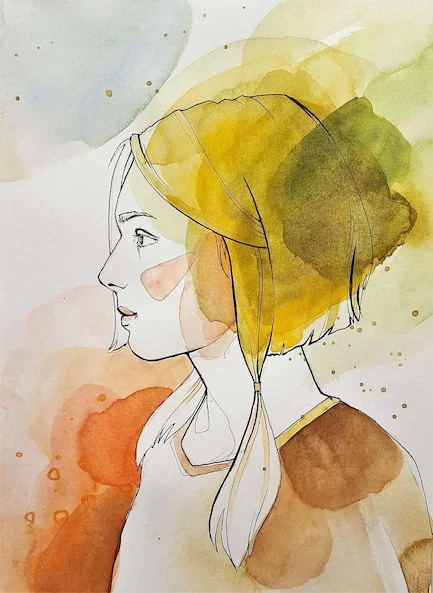Adolescent Psychotherapy
I practise psychodynamic psychotherapy, which is a specific approach to the treatment of emotional, social, and behavioural difficulties experienced in childhood and adolescence. This approach is interested in understanding the underlying cause and meaning of a young person’s distress and to help them establish a strong psychological foundation that supports their ongoing growth and development. Central to this process is a trusting and collaborative relationship between an adolescent, parents, and psychotherapist. Sessions with adolescents are confidential and offered within a supportive and non-judgemental environment, tailored to meet their unique developmental and emotional needs. Often this process can help adolescents to freely express themselves, explore their thoughts, feelings, and navigate their concerns at their own pace, thereby retaining their sense of personal security and emotional safety.
I can assist adolescents experiencing:
- Depression and anxiety
- Low self-esteem
- Grief and loss (including non-death losses)
- Relationship/family breakdown
- Trauma
- Sexuality and gender identity concerns
- Difficulties living with chronic and debilitating illness
- Self-harm and suicide ideation
- School avoidance
- Drug and alcohol dependence
Please note that I am not able to offer:
- Formal assessment of neurodivergence e.g., ADHD and autism
- Reports for legal matters including Child Custody Disputes
- Family therapy

While outcomes will differ for every adolescent, psychotherapy can support a young person to develop a deeper understanding of themselves, which in turn can help them to better navigate challenges that are inevitable in life.This may include an improved capacity to cultivate fulfilling relationships, a stronger sense of identity, and improved problem-solving skills that in turn help to foster a greater authentic expression of their needs and feelings. This may in turn lead to a young person developing closer emotional bonds with their family and friends, a greater sense of confidence and mastery, as well as a more positive view of themselves and the world. As such, a broader goal of psychodynamic psychotherapy is not to only help resolve immediate concerns, but to empower each young person to realise their full potential across all aspects of their life.
Working with Parents
An adolescent typically benefits most from psychotherapy when there is a collaboration between the adolescent, their parents, and their psychotherapist. I value the unique contribution parents bring to their child’s treatment. While an adolescent’s session is their own, I welcome parents to discuss their concerns with me during separate appointments. Although the frequency of consultations with parents may vary depending on a young person’s age, needs, and concerns, typically, this collaboration allows us to work as partners to understand a young person’s difficulties.
These discussions can provide parents a space to consider and understand their child’s difficulties more deeply thereby allowing them to know how to help and emotionally attend to their child in a way that better meets their child’s needs. These discussions can also help parents to understand the length of time required for their child to benefit fully from psychotherapy as well as give them a sense of how I support their child in sessions.
I understand that bringing your child to see a psychotherapist can bring up a range of feelings and concerns. Often it can be valuable (for both the adolescent and parents) for parents to receive their own psychotherapy from another psychotherapist to explore any current difficulties they’re experiencing in life and how their own respective childhood experiences or unmet needs may influence current parenting challenges. If you would like to know more about how this form of treatment may benefit your child, please contact me.